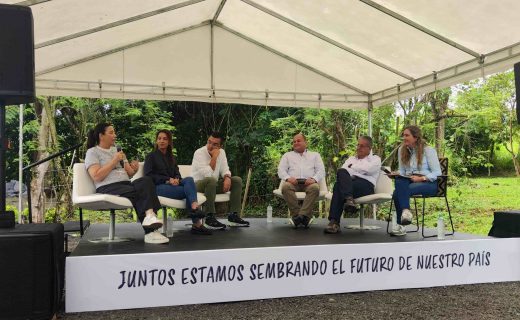

Grupo Argos Foundation • Sustainability
Grupo Empresarial Argos will reach the record figure of one million mangrove seedlings planted in the Colombian Caribbean in the first quarter of 2025
30 October 2024- This achievement allows Grupo Empresarial Argos to consolidate its position as the private organization that has contributed the most to mangrove restoration in Colombia.
- Among the native species planted are red mangrove (Rhizophora mangle), black mangrove (Avicennia germinans), and buttonwood mangrove (Conocarpus erectus).
- To date, this initiative has contributed to the restoration of more than 250 hectares across three departments in the country over the past five years.
- Mangroves host 75% of marine species during some stage of their life cycle. In coastal areas, they act as natural nurseries for fish, crustaceans, and mollusks, and they capture five times more carbon than terrestrial forests. This is why their conservation is a global priority.
Thanks to committed and uninterrupted efforts over the past five years, Grupo Empresarial Argos will reach the record figure of one million voluntarily planted mangrove seedlings across three departments of the Colombian Caribbean by the first quarter of next year. With this achievement, the company consolidates its position as the private organization that has contributed the most to the restoration of this ecosystem in Colombia, successfully restoring 250 hectares of mangrove forest in Atlántico, Bolívar, and Sucre.
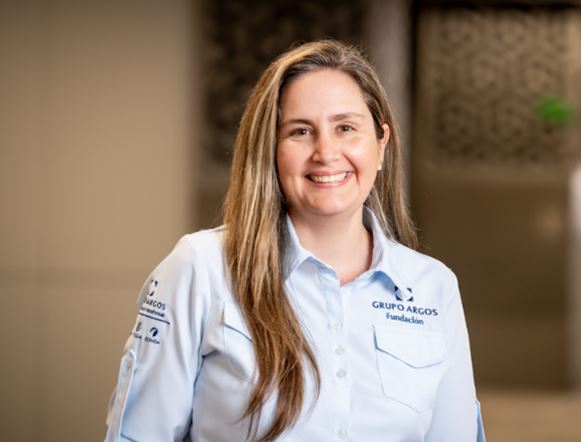
“We understand the fundamental role that mangroves play in the health of our oceans. Therefore, in line with water protection from the mountains to the sea, we celebrate this important achievement to continue contributing to the conservation of Colombia’s biodiversity and natural resources.”
María Camila Villegas
Executive Director of Grupo Argos Foundation
This initiative is also being developed in close collaboration with coastal communities, other companies, public institutions, and a team of professionals and experts in this ecosystem. Its objective is to strengthen the existing capacities in the territories and promote environmental awareness about the importance of this ecosystem, which hosts 75% of marine species, captures five times more carbon than terrestrial forests, and serves as a buffer zone against rising sea levels.
Aligned with this effort, through Grupo Argos Foundation, the organization has created an environmental knowledge network involving more than 90,000 students and 3,400 teachers from rural educational institutions across the country. Workshops are held to help participants understand the characteristics of each ecosystem and encourage community involvement in conservation and restoration processes.
The planted species include red mangrove (Rhizophora mangle), black mangrove (Avicennia germinans), and buttonwood mangrove (Conocarpus erectus).
Mas noticias
-
 Grupo Argos Foundation
Grupo Argos Foundation -
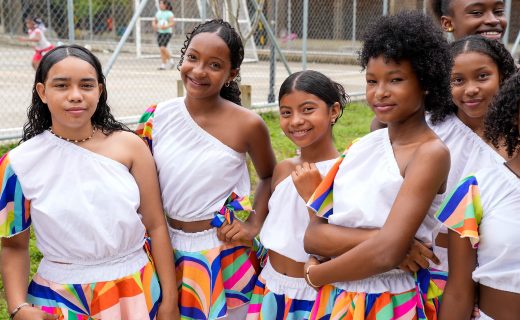 Creamos Valor Social
Creamos Valor SocialThe project to make Nueva Colonia’s sewer system in Turbo a reality has been approved: more than 12,000 people will see an improvement in their quality of life
5 March 2025 Read more -
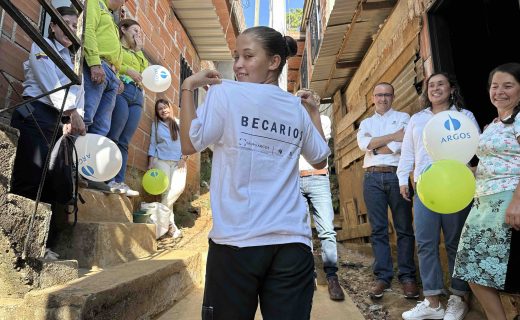 News
NewsGrupo Argos and its companies, Cementos Argos and Celsia, reaffirm their leadership among the most sustainable companies in Colombia, according to Merco
26 February 2025 Read more -
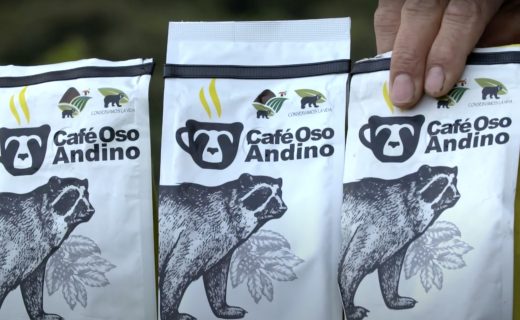 Grupo Argos Foundation
Grupo Argos FoundationEight farming families in Valle del Cauca received the international quality certification recognizing them as protectors of the Andean Bear in Colombia
21 February 2025 Read more -
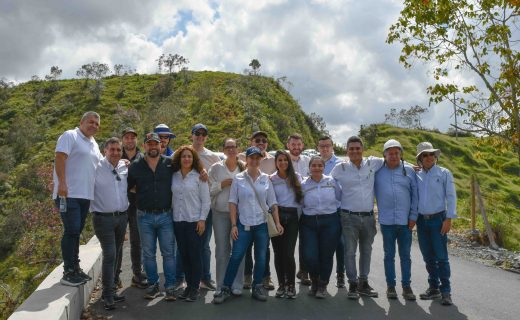 Creamos Valor Social
Creamos Valor SocialMore than COP 350 billion invested by Grupo Empresarial Argos and its allies to transform lives in vulnerable municipalities
20 February 2025 Read more
